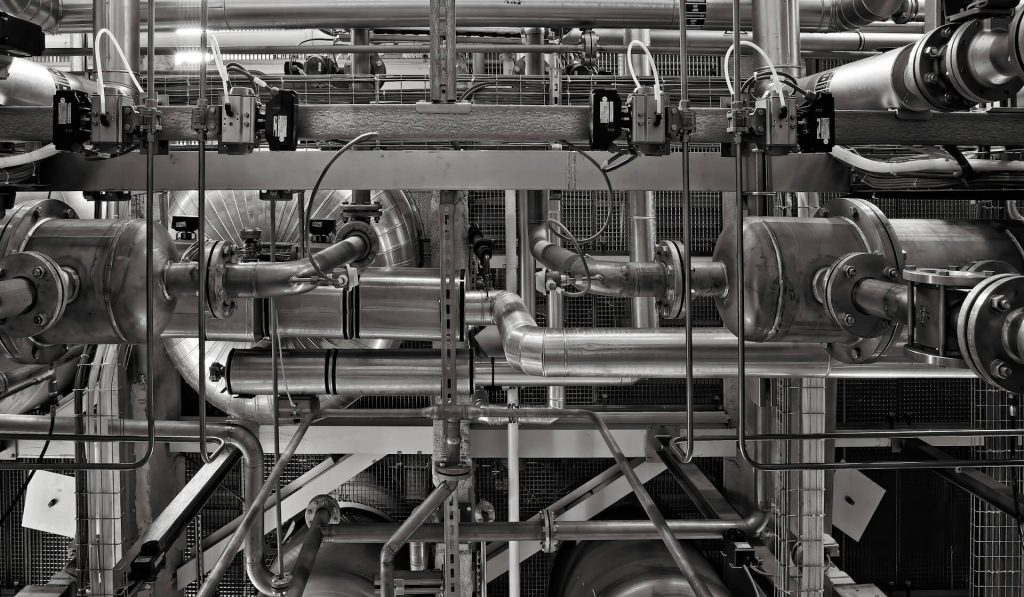Rebar is vital to the strength and stability of concrete structures, playing an important role in construction, from residential buildings to highways and bridges. This article highlights the types of rebar used in construction, its advantages, and its synergy with geocell systems to stabilize ground and prevent erosion.

Understanding Rebar: What Is It and Why Is It Used?
Rebar is a steel bar embedded in concrete to provide additional tensile strength. Concrete alone, though strong in compression, tends to crack under tension, so rebar is added to resist these forces and ensure the longevity of concrete structures. Its ridged surface creates a strong bond with the concrete, preventing separation and increasing durability.
Different Types of Rebar for Construction Projects
- Mild Steel Rebar (Grades 40 and 60): The most commonly used type, suitable for a wide range of construction applications.
- Epoxy-Coated Rebar: Used in environments where concrete is exposed to moisture and corrosion, such as coastal areas.
- Stainless Steel Rebar: Highly resistant to corrosion and typically used in harsh or extreme environments.
- GFRP Rebar: A newer and corrosion-resistant alternative that is ideal for specialized projects requiring heightened resistance.
Rebar and Geocell: A Dual Approach to Ground Stabilization
Geocell systems are used to improve the bearing capacity of soil, particularly in areas with weak or unstable ground. When combined with rebar, geocells can reinforce foundations and roadways, providing long-term stability. Geocells confine the soil, while rebar ensures the strength of the concrete structures built on top, resulting in more durable and efficient engineering solutions.
Benefits of Rebar in Concrete Construction
- Strength and Durability: Rebar reinforces concrete, preventing cracks and ensuring structures withstand external forces.
- Long-Lasting Performance: The combination of concrete and rebar creates a structure that resists wear and tear from environmental factors.
- Economic Value: The initial investment in rebar is offset by long-term savings due to fewer repairs and maintenance.
- Customizable: Rebar is versatile and can be shaped to meet specific design requirements, providing flexibility in construction.
Rebar is indispensable in reinforced concrete construction, ensuring structures can withstand the test of time. Its integration with geocell systems provides enhanced ground stabilization, making it a perfect solution for large civil engineering projects.